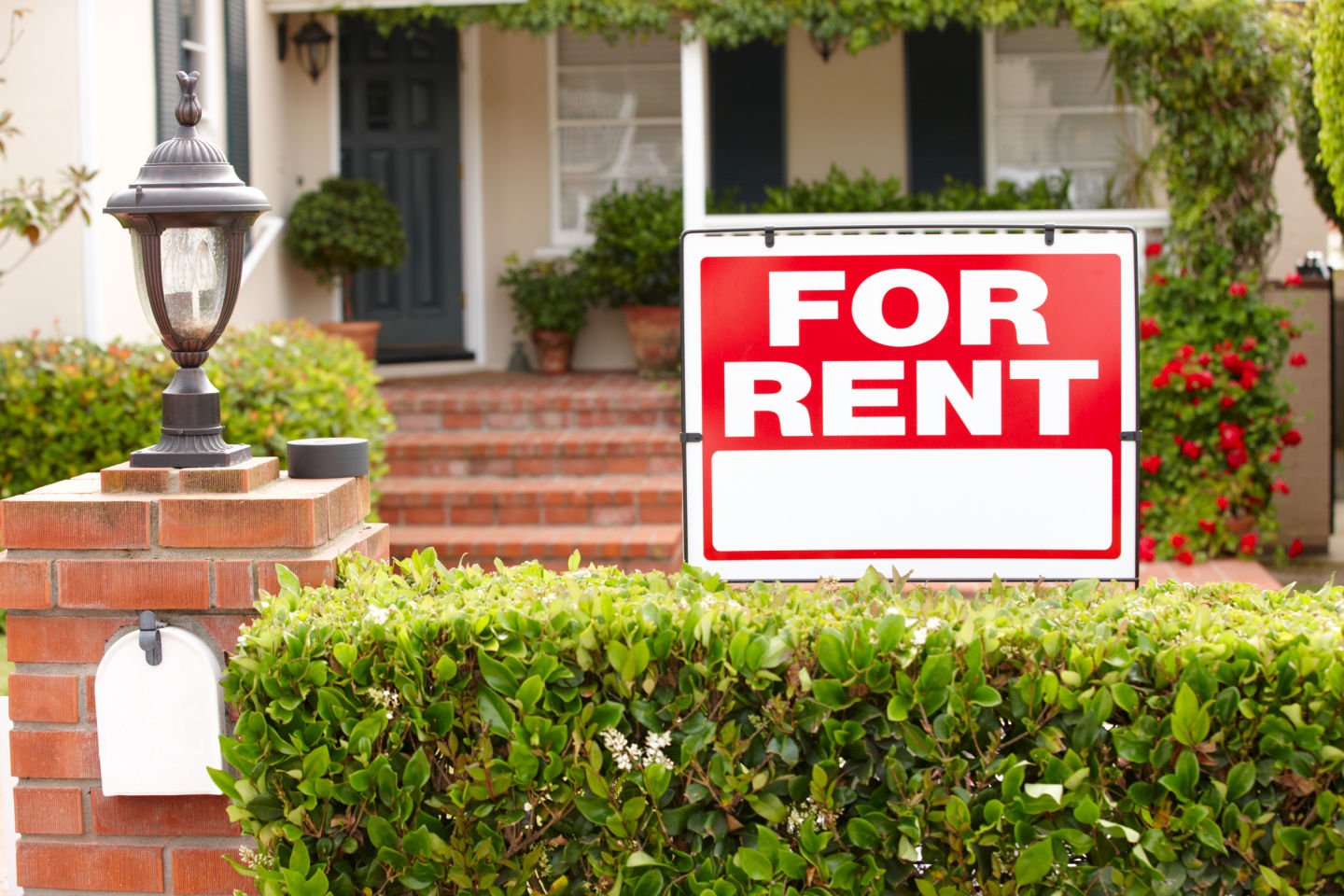What you need to know about buying investment property
Real estate can be an important part of your portfolio, but you need to consider the pros and cons.

While the national accommodation shortage has been bad news for tenants, it’s provided a windfall for many people with “bricks and mortar” investments.
Landlords in many parts of Australia have made substantial financial gains from rent rises in recent years.
But, as with all investments, there are no guarantees that the good times will continue.
With that in mind, here’s a list of pros and cons of owning investment property.
Potential for rental income: If you can secure reliable tenants, the rental payments will provide you with a steady cash flow.
Appreciation of your asset: Real estate prices can fluctuate, but they tend to rise over time, which can lead to long-term wealth creation. If the value of your investment property increases, you can sell it for a profit or use it as collateral for other investments.
Tax benefits: Many people “negative gear” their property, which means they get a tax advantage because the expenses associated with owning it (especially mortgage payments) are greater than the income earned.
Portfolio diversification: Real estate often behaves differently than stocks and bonds, providing a degree of insulation against market fluctuations.
Potential for leverage: Real estate can be a leveraged investment, meaning you can use other people's money (i.e., a mortgage) to finance the property. This amplifies your potential returns, as you control a large asset with a relatively small upfront investment.
Costs: Purchasing an investment property involves significant upfront costs, such as the down payment, closing costs, and property inspection fees. Additionally, ongoing expenses such as rates, insurance, maintenance, and repairs can impact your cash flow.
Property management: Being a landlord comes with responsibilities, including finding and screening tenants, collecting the rent, and handling maintenance requests. If you don't have the time or desire to manage it yourself, you'll need to hire a property manager, which will add to your expenses.
Market risks: Real estate markets can experience fluctuations, and property values may not always appreciate as expected. Economic downturns, changes in local market conditions, and shifts in demand can affect your investment property's value and rental income.
Vacancy and rental risks: Although the market is buoyant now, there is always the risk of extended vacancies during economic downturns or if the rental market in your area is oversaturated. You may face financial strain if you are unable to find tenants or if they default on rent payments.
Tied-up capital: Real estate is generally considered an illiquid investment since it takes time to sell a property and convert it into cash. If you need quick access to your invested capital, real estate may not be the most suitable option.
It's important to consider these pros and cons, as well as conduct thorough research and analysis specific to your location and investment goals before purchasing an investment property.
Any links provided are for general information only and should not be taken as constituting professional advice. National Seniors is not a financial advisor. You should consider seeking independent legal, financial, taxation or other advice to check how any information provided relates to your unique circumstances.







